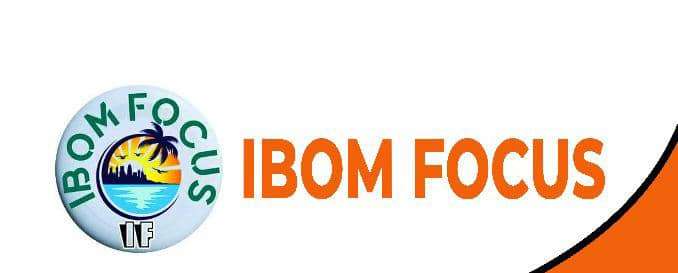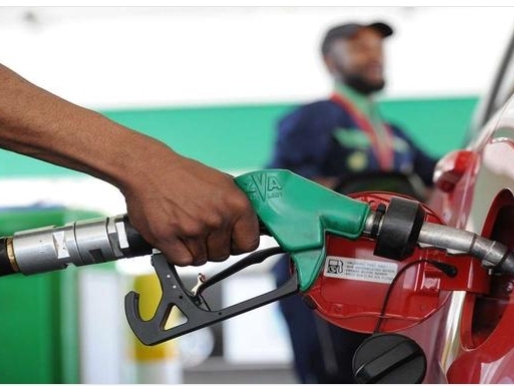Nigerians May Pay More For Petrol
Petrol price is likely to rise again following the decision by the Nigerian National Petroleum Company Limited (NNPCL) to end its exclusive offtake agreement with the Dangote Refinery, allowing other marketers to buy the product directly from the facility.
The current fuel cost was effected in August when the NNPCL adjusted the pump price from N568 to N855 per litre in Lagos, and to almost N900 in other parts of the country.
The NNPCL’s exit as a middleman in the Dangote Refinery implies that the national oil company will no longer cover the price gap between the facility’s price and the selling price to retailers, previously absorbing a subsidy of N133 per litre.
The NNPCL’s decision is seen as a crucial shift towards a fully deregulated oil market.
Marketers can now negotiate petrol prices directly with the Dangote Refinery under a “willing buyer, willing seller” arrangement, aligning with practices for other deregulated products such as diesel and kerosene.
In September, Devakumar Edwin, Vice President at the Dangote Industries, indicated that the 650,000 barrels per day refinery had begun processing petrol, with the NNPCL initially as the sole off-taker.
But recent adjustments allow independent marketers to engage with Dangote directly.
“We can no longer continue to bear that burden,” an NNPCL’s official told Premium Times, highlighting the financial strain of the subsidy system.
Middle East tension may spark higher fuel cost–Experts
Experts have predicted that the heightening tension in the Middle East can spark a new petrol pump price hike in Nigeria and other nations.
Oil prices extended gains yesterday, with Brent nearing $80 to build on last week’s steepest weekly jump since early 2023.
This is believed to be driven by fears of a wider Middle East conflict and potential disruption to exports from the major oil-producing region.
Brent crude futures rose $1.09 (1.4 per cent) to $79.14 a barrel yesterday. The United States West Texas Intermediate (WTI) crude futures were up $1.15 (1.55 percent), at $75.53. WTI had earlier risen by more than $2.
Brent rose more than 8 per cent last week; while WTI soared 9.1 per cent on the possibility that Israel could strike Iranian oil infrastructure in response to the latter’s October 1 missile attack on the former.
Amidst the tension, the global oil prices have remained volatile with the likelihood of a barrel of crude climbing to $100 later this month.
Iran, a member of the Organisation of Petroleum Exporting Countries (OPEC), is a global player in the oil market with a production of between three million to four million barrels of oil per day; hence any tension therein constitutes a potential crisis for the oil market with broader implications on the price of crude.
The CNN, in its analysis, predicted that the price could reach $100 this month if the Middle East tension continues.
“Pre-shale revolution, this type of situation would have sent prices well above $100,” Helima Croft, global head of commodity strategy at RBC Capital Markets, told CNN.
Meanwhile, Nigerians’ expectations that the 650,000-barrel Dangote refinery would crash the petrol price have not been met.
Dangote had explained that it sourced most of its crude from the international market at the prevailing market price and cannot sell below the cost of production.
Experts speak
An economist, Paul Alaje, in a post, stated that the tension generated by Iran’s attack on Israel “may lead to a full-scale war” that could result in a global shortage of fuel supply.
According to him, if Israel should retaliate, there are high chances “that this may lead to a full-blown war. If it happens like this, there may be a global supply shortage of oil because Iran is a major producer of oil.
“What does this mean for Nigeria and nations with oil and relative peace? The price will surge, leading to more revenue inflow for the Nigerian authorities and others.”
He added: “PMS, diesel, and other refined products may increase as well; Inflation may go higher than we already have; Revenues to the government are expected to go up. The government will decide who will pay the increase in petroleum products prices if this happens.”
In the same vein, an oil and gas expert, Dr Ayodele Oni, said only subsidy could prevent Nigerians from paying higher prices for petrol.
“The likely consequence is an increase in crude oil prices and without some subsidy, pump prices will increase correspondingly with increasing crude prices,” he said.
Analysts believe that OPEC’s Middle Eastern producers like Saudi Arabia and the United Arab Emirates (UAE) have enough spare capacity to offset potential losses of supply from fellow member Iran.
They, however, noted that if the conflict escalates to Iranian proxies targeting oil infrastructure in Iran’s Middle Eastern neighbours, or if Iran moves to block or restrict oil cargo traffic in the Strait of Hormuz, oil prices could spike to triple digits and record highs.
400,000bpd for Dangote as naira-for-crude deal begins
Meanwhile, a report by Bloomberg said the federal government was set to deliver up to 400,000 barrels of Nigerian crude oil daily to the Dangote Refinery under its naira-for-crude deal.


